A while back we brought you our best tips for making your move as easy as possible, you can read it here. Aside from packing up your stuff, what else should you take care of when you’re moving out of your home?
Make sure you clean up. Clean bathrooms, bedrooms, floors; basically everything. If your place was furnished, make sure clean furniture too. Aside from not wanting to leave the property trashed for your landlord, cleaning up can also help you avoid being fined once you move out. Typically lease agreements require that you leave the home as you found it (clean), so if you don’t you’ll be going against it. If there’s a stain in your carpet, steam it so that you’re not responsible for paying way more for it later. Same goes with things like tiles and floorboards. Do it now, or it’ll cost you more later.
Part of leaving your ho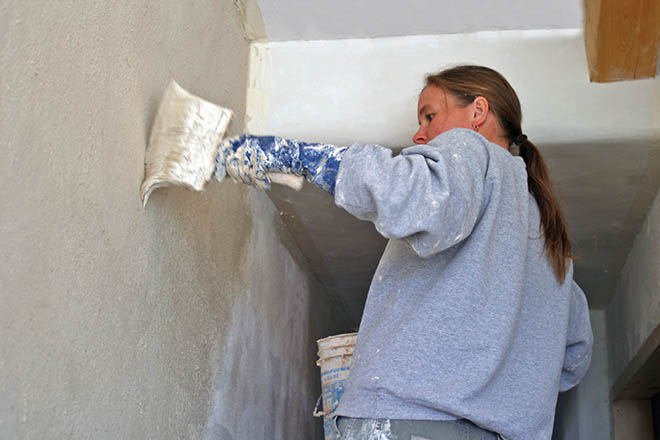 me just as you first got it involves making sure the walls and floors are in good condition. Seeing as the walls probably have holes from having had pictures or shelves, it’s up to you to patch them up. This sounds more complicated than it actually is; you can buy quick dry plaster and primer and have it all fixed up in no time. Once you’ve patched up the holes and little imperfections, find out what paint color the walls were first painted and touch up the color. This way the wall looks even and your landlord won’t charge you for any repairs.
me just as you first got it involves making sure the walls and floors are in good condition. Seeing as the walls probably have holes from having had pictures or shelves, it’s up to you to patch them up. This sounds more complicated than it actually is; you can buy quick dry plaster and primer and have it all fixed up in no time. Once you’ve patched up the holes and little imperfections, find out what paint color the walls were first painted and touch up the color. This way the wall looks even and your landlord won’t charge you for any repairs.




 signing a lease with can give you crucial information that you wouldn’t otherwise know. Sites like Google Reviews and Yelp have comments and reviews from people that have lived in that place, or dealt with that property management company. You have to consider that if someone took the time to write a review, they probably feel very strongly about what they wrote. The property management company you’re about to sign a lease with may have horrible reviews because of their lack of care for residents; this is something you wouldn’t know just by talking to someone at the lease office. Don’t rush your search and sign with the first property you see just because it’s a great price, or nicely maintained. Sometimes these things mask the reality of the property and by the time you realize it, it’ll be too late.
signing a lease with can give you crucial information that you wouldn’t otherwise know. Sites like Google Reviews and Yelp have comments and reviews from people that have lived in that place, or dealt with that property management company. You have to consider that if someone took the time to write a review, they probably feel very strongly about what they wrote. The property management company you’re about to sign a lease with may have horrible reviews because of their lack of care for residents; this is something you wouldn’t know just by talking to someone at the lease office. Don’t rush your search and sign with the first property you see just because it’s a great price, or nicely maintained. Sometimes these things mask the reality of the property and by the time you realize it, it’ll be too late.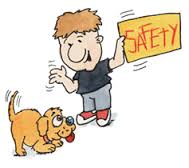 ncy.
ncy. Considering all the properties available for rent everywhere, you may need to negotiate and charge your lessee lower rent than what you originally pay as an incentive to sublease your place. Would you want to be paying the exact same amount to sublease a home as you would to just rent it yourself? Probably not, and neither will your lessee. Though it kinda sucks, the difference is a small price to pay in case where you need to move out of your property. Subleasing is a great option if you plan on leaving your town for a few months and don’t want to pay rent for an empty apartment. It also works if you need to leave your property but your lease isn’t ending and you can’t terminate it.
Considering all the properties available for rent everywhere, you may need to negotiate and charge your lessee lower rent than what you originally pay as an incentive to sublease your place. Would you want to be paying the exact same amount to sublease a home as you would to just rent it yourself? Probably not, and neither will your lessee. Though it kinda sucks, the difference is a small price to pay in case where you need to move out of your property. Subleasing is a great option if you plan on leaving your town for a few months and don’t want to pay rent for an empty apartment. It also works if you need to leave your property but your lease isn’t ending and you can’t terminate it.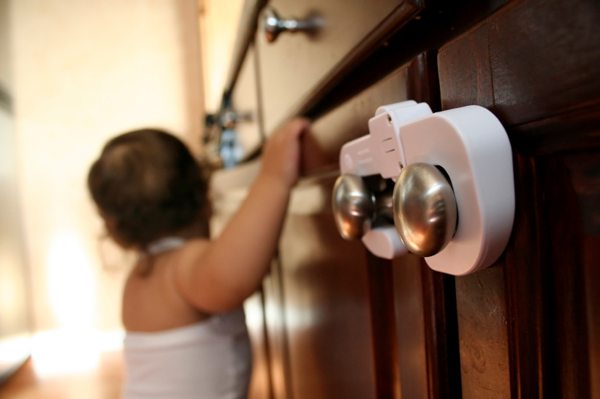
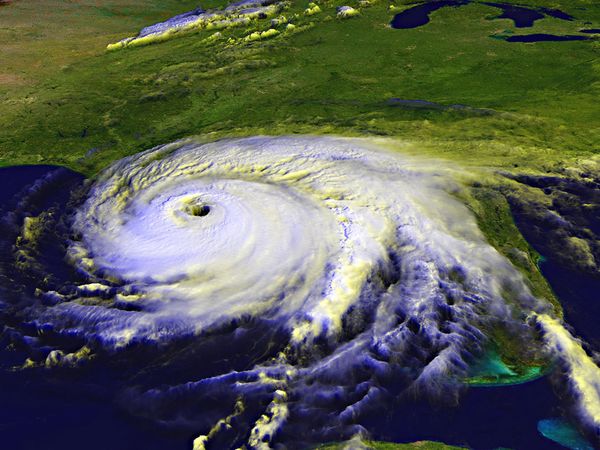
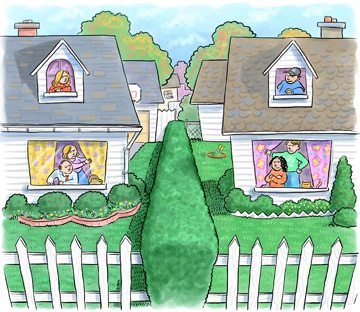 sic on too loud, or something along those lines. Before complaining to your property manager or a higher authority, talk to your neighbor, first! Your neighbor isn’t going to know that the music was bothering you unless you tell them; once they know that it’s bothering you, they can lower it. This same thing goes for you, too! Respect when your neighbors have a complaint and don’t let it happen again.
sic on too loud, or something along those lines. Before complaining to your property manager or a higher authority, talk to your neighbor, first! Your neighbor isn’t going to know that the music was bothering you unless you tell them; once they know that it’s bothering you, they can lower it. This same thing goes for you, too! Respect when your neighbors have a complaint and don’t let it happen again.